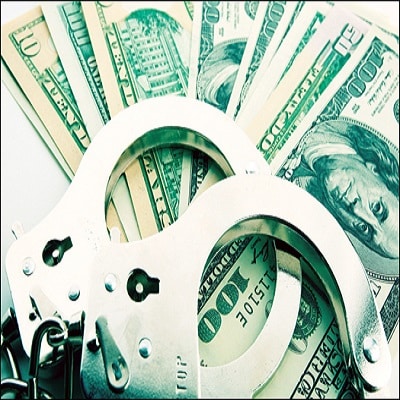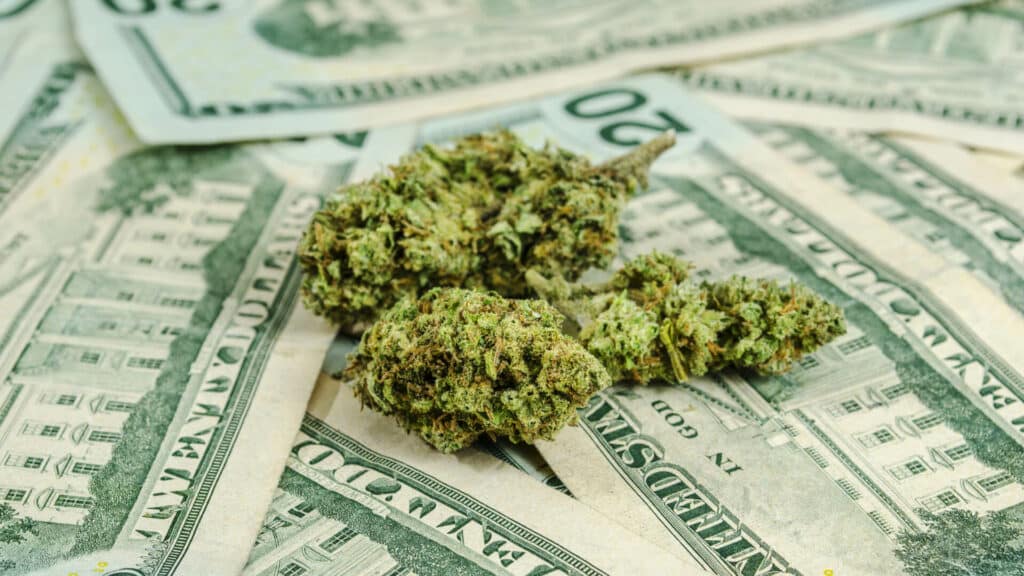 Every wonder why law enforcement fights so hard against marijuana legalization? While there are many reasons, one of the biggest ones is because their funding depends on it. Law enforcement agencies get federal grants to fight crime, and they boost their data by arresting marijuana consumers. At the end of the year they can point to data and say ‘look, we caught all these criminals, now give us more money.’ If/when marijuana is legalized, a lot of that data goes away, and with it, some of their funding.
Every wonder why law enforcement fights so hard against marijuana legalization? While there are many reasons, one of the biggest ones is because their funding depends on it. Law enforcement agencies get federal grants to fight crime, and they boost their data by arresting marijuana consumers. At the end of the year they can point to data and say ‘look, we caught all these criminals, now give us more money.’ If/when marijuana is legalized, a lot of that data goes away, and with it, some of their funding.
Keeping marijuana prohibition in place is ‘good for business’ for law enforcement. Per the Washington Post:
Grants to states and localities are not contingent on increasing drug arrests, but federal officials acknowledge that many police chiefs and sheriffs believe racking up arrests bolsters their case for money they have come to depend on.
“Every year, you’d say, ‘This is what we did, these are our arrests,’ and you’d get the federal money,” says Art Watson, chief deputy sheriff in Hancock County. The sheriff’s office uses grant money to fund one of the two deputies it assigns to the drug task force and to pay overtime to officers.
Denise O’Donnell, who runs the federal Bureau of Justice Assistance, which administers the Byrne grants, says her agency is examining whether the program “is somehow incentivizing agencies to make more low-level arrests.”
Another way law enforcement makes money on marijuana prohibition is via asset forfeiture. If a cop catches someone illegally growing marijuana at their house, or transporting it illegally in their car, they take those things away, along with whatever else they can get their hands on. Similar to federal grants, if/when marijuana is legalized, those asset forfeiture opportunites go away. It’s way past time to take away these incentives from law enforcement. Law enforcement should be focused on catching real criminals, not trying to boost their budgets off the backs of harmless marijuana consumers.




